Maybe through tears and suffering and gut wrenching pain, promises are still coming to pass.
So today, I can’t hold it in. I’m weeping.
Joseph wept.
Hannah wept.
Job wept.
Hezekiah.
David.
Jesus.
So maybe this is ok for today.
Maybe – even through tears that seem to be pouring out from the very depths of my soul – I’m being made more like Christ than I can tell.
Maybe through tears and suffering and gut wrenching pain, promises are still coming to pass.
Maybe Jesus can still shine through the cracks of a broken heart.
Please, Lord, shine through.
This is Kingdom work. We are on assignment. And yet, Jesus still cares about what makes us cry.
My friend Tara might be the actual physical manifestation of the Holy Spirit (for all my literal people out there, I’m teasing, lest you think I’m heretical). She always manages to reach out in my most desperate moments. I pray we all have that person who cheers for us, gets in the pit with us, and lovingly turns our hearts back to the fact that none of this is about us. This is all Kingdom work. We are on assignment.
And yet, Jesus still cares about what makes us cry. Whether we’re triggered because our ice cream cone fell on the sidewalk or we’re overflowing with grief over the life we thought we’d have, He cares.
Anyway, Tara often tells me, “Cry. That’s ok. But use your instrument. Worship.” She’s reminded me of this at least 3 times in the last two weeks. Maybe her spirit sensed that today’s moment was coming.
The humanity of our emotions causes us to focus on what is broken rather than what He has made whole.
It’s not lost on me that God has to remind this worship leader to worship. Worship is the natural response of my soul to the One who has loved me well. But the humanity of our emotions causes us to focus on what is broken rather than what He has made whole.
That’s the very moment we have to discipline ourselves to respond in worship. I believe there are few things that move the heart of God more than the praise of a broken heart. The heart that doesn’t discount sadness, but chooses the better thing in the midst of its grief.
For you will not delight in sacrifice, or I would give it; you will not be pleased with a burnt offering. The sacrifices of God are a broken spirit; a broken and contrite heart, O God, you will not despise.
Psalm 51:16-17
Broken and contrite. Hurt, yet, acknowledging the goodness and grace of the One who can make it right.
Human efforts – however well-intentioned and loving they may be – cannot fulfill heavenly desires.
Hannah wept. Bitterly. She did not turn from God. Rather she poured all of it out to Him. She was raw and unfiltered, to the point that the priest thought she must be drunk. Maybe that’s what moved God’s heart. Or maybe that’s simply how she unloaded the weight of her longing so that she could continue on the assignment the Lord had for her.
Either way, God saw Hannah. He saw the double portion her husband routinely gave her. And He knew it was a band-aid on a wound that only He could heal. Human efforts – however well-intentioned and loving they may be – cannot fulfill heavenly desires. So God did for Hannah what only He could do, and her joy was complete.
Job wept as he lost everything. He wrestled through pain and anger with God. He exchanged words with His maker. And when he had finally come to a point of submission, God gave him the double portion. Maybe that’s what God wanted to do all along, but Job was too busy weeping over the loss of what he knew.
There’s no scriptural evidence of this, but logic would tell us that Mary wept at the birth of her child. Mothers cry when they give birth to their children. Birthing pains are felt long before babies are held.
And how much more must she have wept when the prophecy was fulfilled as she witnessed the death of her son for all mankind? What kind of pain must she have endured?
The conviction that it will happen is a confidence born of the cries of many maybe’s and the fruit of hope that endures.


Leave a Reply
Want to join the discussion?Feel free to contribute!